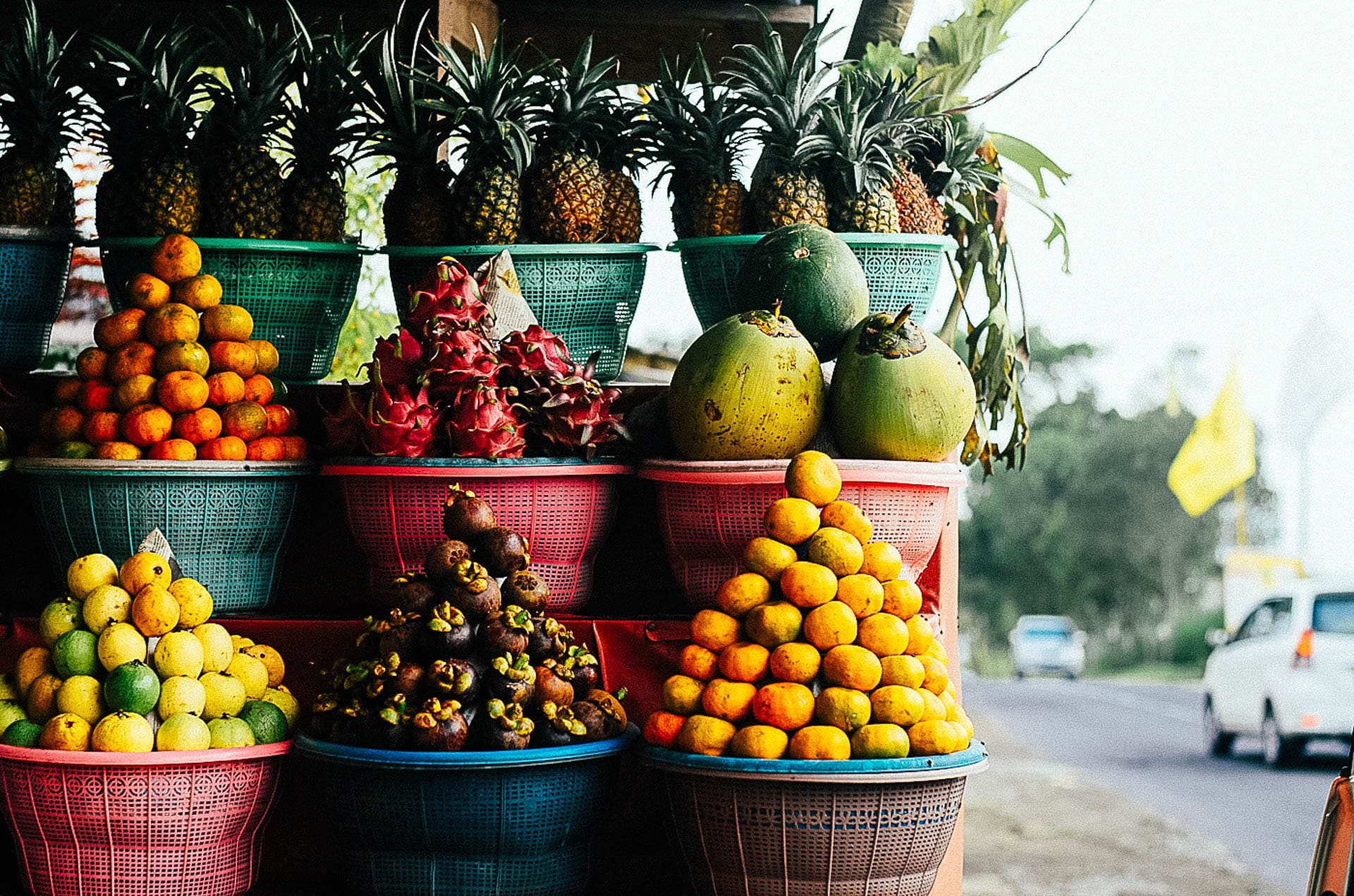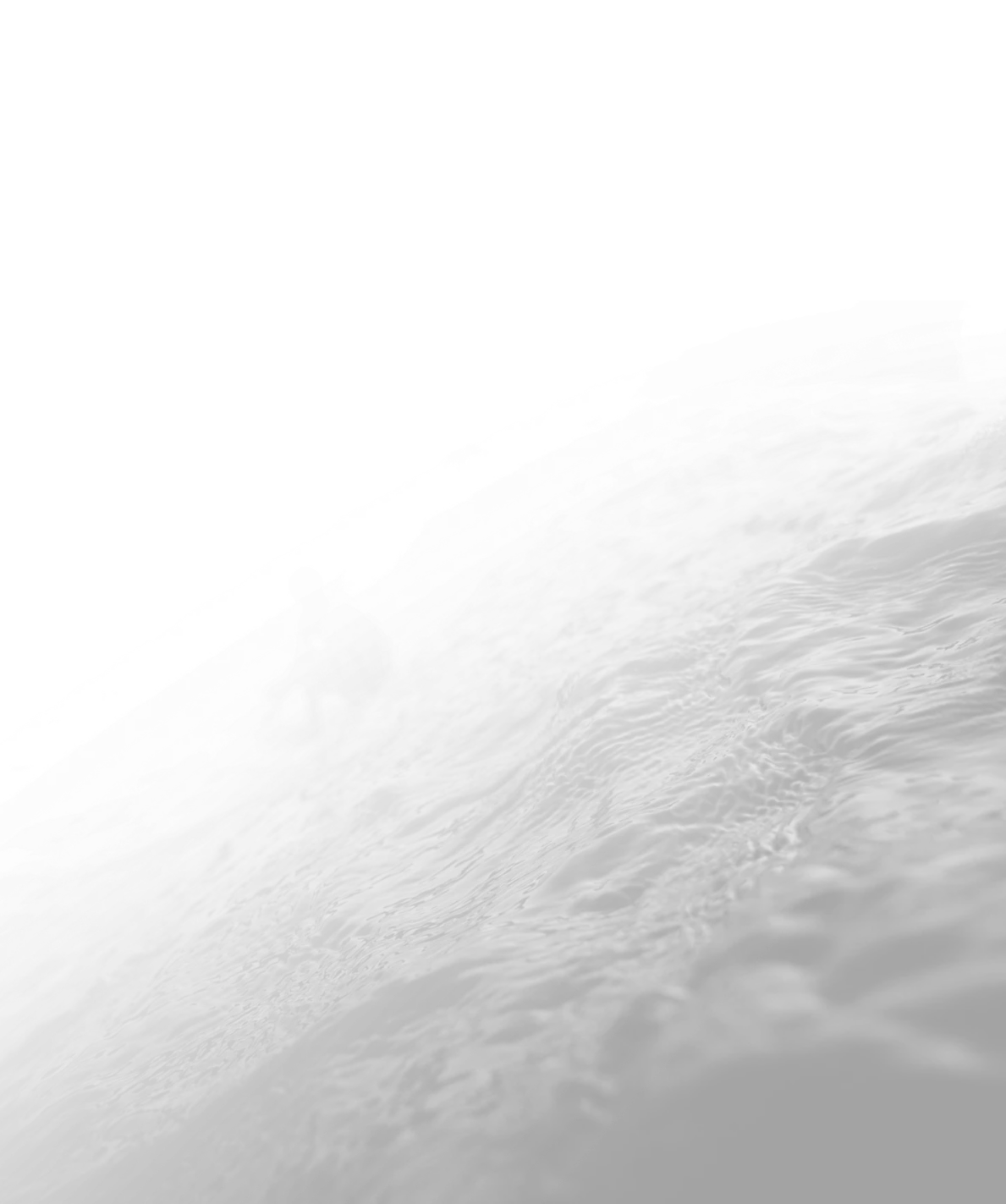Bali Belly, also known as traveller’s diarrhoea, is a common illness experienced by tourists visiting Bali, Indonesia. Symptoms include diarrhoea, stomach cramps, nausea, vomiting, and fever. The most common causes of Bali Belly are bacterial and parasitic infections, often transmitted through contaminated food and water.This unpleasant condition can put a damper on your vacation, so it’s important to understand what causes it in order to take precautions and avoid falling ill.
Table of contents
What Causes Bali Belly?
Bali Belly is typically caused by consuming food or water that is contaminated with bacteria, parasites, or viruses. In Bali, the most common culprits are the bacteria Escherichia coli, Salmonella, and Campylobacter, as well as the parasite Giardia. These harmful pathogens can be present in improperly cooked food, unpurified water, or on surfaces touched by hands that have not been properly washed.
Additionally, the change in climate and exposure to new strains of bacteria can also weaken the digestive system of travellers, making them more susceptible to Bali Belly. It’s important for tourists to be cautious about what they eat and drink, and to take appropriate hygiene measures to prevent the onset of this unpleasant condition.
Why Are You So at Risk in Bali?
Travelers in Bali are at risk of several health issues, including Bali Belly, open wounds, mosquito-borne illnesses, animal bites, and methanol poisoning. To prevent Bali Belly, travellers should drink bottled water, avoid uncooked or undercooked foods, and wash hands frequently.
Raw seafood, such as sushi and ceviche, can harbor harmful bacteria if not properly handled and stored. Raw fruits and vegetables can also be contaminated if washed with untreated water. Street food, while delicious, may not always be prepared in a hygienic environment. Unpasteurized drinks, like fresh fruit juices and coconut water, can carry harmful bacteria if not properly processed.
Consuming contaminated foods and water can lead to symptoms such as diarrhoea, vomiting, stomach cramps, and fever. To avoid consuming these risky foods, travellers should opt for cooked foods, drink bottled or treated water, and thoroughly wash fruits and vegetables with clean water or peeled them.
Making safe food choices is crucial in preventing Bali Belly and ensuring a pleasant and healthy vacation experience. Ingesting contaminated foods can lead to severe illness, ruining a trip and causing discomfort. By being mindful of food choices, travellers can minimize the risk of falling ill and enjoy their time in Bali.
Preventing Bali Belly in Children
To prevent Bali Belly in children, several effective strategies can be implemented and these can apply to adults as well. Firstly, it is crucial to stick to bottled water and avoid consuming ice and uncertain beverages, as they may be contaminated. Choosing hot, cooked meals over raw or uncooked dishes can also reduce the risk of stomach issues. Practicing good hand hygiene, such as washing hands before eating, can further minimize the likelihood of contracting the illness. Additionally, considering travel-friendly probiotics can help improve gut health and strengthen the immune system.
It is important for parents to monitor their children’s food and water choices while traveling to ensure they are consuming safe and clean options. Emphasizing the importance of handwashing before meals and after using the restroom can significantly reduce the risk of infection. By being proactive and mindful of these preventative measures, parents can greatly minimize the chances of their children experiencing the dreaded Bali Belly.
In conclusion, it is essential for parents to prioritize their children’s health and well-being by implementing these strategies to prevent the occurrence of Bali Belly. By sticking to bottled water, practicing good hand hygiene, and monitoring their food and water choices, parents can take proactive steps in minimizing the risk of their children encountering this common travel-related illness.
Vaccination against Bali Belly
Vaccination options for preventing Bali Belly include the Dukoral oral vaccine. The Dukoral vaccine is designed to prevent diarrhea caused by contaminated food and water, making it an effective option for travelers to Bali. The recommended dosage for Dukoral is two doses, taken one week apart before traveling to the at-risk area. The vaccine is administered orally, typically by mixing the vaccine powder with a liquid. It is important to note that the World Health Organisation recognizes Dukoral as an effective method for preventing diarrhea caused by contaminated food and water.
Dukoral is suitable for individuals aged 2 years and older, making it a viable option for both adults and children. It is recommended to discuss the vaccine with a doctor before traveling to Bali to determine if it is the right option based on individual health and travel plans.
Diagnosis of Bali Belly
Diagnosing Bali Belly typically involves a combination of methods, including stool sample tests and physical examinations. Stool sample tests are used to identify any pathogens, such as bacteria or parasites, that may be causing the symptoms. Physical examinations may include checking for dehydration, abdominal tenderness, and other signs of infection.
Seeking professional medical help is crucial if symptoms persist after a few days. The potential seriousness of symptoms such as blood or mucus in the diarrhea, high fever, and significant abdominal pain should not be taken lightly. These symptoms may indicate a more severe infection or complication and require prompt medical attention. Ignoring these symptoms can lead to dehydration, electrolyte imbalances, and even more severe health consequences.
In conclusion, obtaining a proper diagnosis for Bali Belly through stool sample tests and physical examinations is essential for identifying the cause of the illness. It is equally important to seek medical help if symptoms persist or worsen, as certain symptoms may signal a more serious condition that requires prompt treatment.
Treatment for traveller’s diarrhoea or Bali Belly
Traveller’s diarrhoea, also known as Bali Belly, can be a common ailment for those visiting tropical or developing countries. Treatment options for this condition include the use of oral rehydration drinks, antibiotics, and anti-nausea drugs. Oral rehydration drinks are essential for preventing dehydration caused by the loss of fluids and electrolytes due to diarrhoea. These drinks help to restore the body’s balance of water and salts.
Antibiotics may be prescribed in severe cases of traveller’s diarrhoea, particularly if the symptoms are not improving or if there is blood or mucus in the stool. Anti-nausea drugs can also help to alleviate the discomfort associated with the condition.
Prevention of dehydration is crucial, so it is important to consume plenty of fluids and avoid alcohol and spicy foods. It is also recommended to avoid anti-diarrhoea drugs if there is a high fever or if the diarrhoea is accompanied by bloody stools, as these could be signs of a more serious infection. Seeking medical attention in these cases is vital.
How do you fix Bali Belly?
To fix Bali Belly, it is important to first rest and allow the body to recover. Drink plenty of water to stay hydrated and replenish fluids lost due to diarrhoea or vomiting. Choose gentle foods such as rice, toast, and bananas to ease digestion and provide necessary nutrients.
In addition to rest and hydration, taking probiotics can help restore the balance of good bacteria in the gut, leading to improved digestive health. Over-the-counter remedies like anti-diarrheal medication or anti-nausea drugs can provide short-term relief from symptoms.
If symptoms persist or worsen, it is advisable to seek medical advice for proper diagnosis and treatment. A healthcare professional can provide further guidance and may prescribe medication to alleviate symptoms and address any underlying issues causing the Bali’s Belly.
In summary, fixing Bali’s Belly involves rest, hydration, gentle foods, probiotics, and seeking medical advice if necessary for prolonged or severe symptoms.
Ready to catch the perfect wave without worrying about stomach troubles? Join Rapture Surfcamps for an unforgettable surfing experience in Bali, where we prioritize your well-being and safety.
Hear What Rapture Surfcamps’ Guests Are Saying:
FAQs
Bali Belly is a colloquial term for a common digestive issue that often affects travelers in Bali and other tropical destinations. It is typically characterized by symptoms such as stomach cramps, diarrhoea, nausea, and sometimes vomiting.
Bali Belly is commonly caused by the ingestion of contaminated food or water, often due to bacteria, viruses, or parasites present in the local environment. Poor hygiene practices, consuming undercooked or raw food, and exposure to unclean water are common risk factors.
To reduce the risk of Bali Belly, practice good hygiene, including frequent handwashing, and avoid consuming raw or undercooked food. Stick to bottled or purified water, and be cautious with street food. Additionally, consider using hand sanitizers and being mindful of the cleanliness of the places you eat.
Symptoms of Bali Belly include diarrhoea, abdominal cramps, nausea, vomiting, fever, and fatigue. The severity and duration of symptoms can vary, but most cases resolve on their own within a few days.
Treatment for Bali Belly typically involves staying hydrated by drinking plenty of fluids, such as oral rehydration solutions or electrolyte drinks. In some cases, over-the-counter medications may be used to manage symptoms. If symptoms persist or worsen, seek medical attention.
If symptoms are severe, persistent, or accompanied by high fever, dehydration, or blood in the stool, it is advisable to seek medical attention promptly. Severe cases may require prescription medications, such as antibiotics.
While it may be challenging to completely eliminate the risk of Bali Belly, you can minimize the chances by being cautious about what you eat and drink, practicing good hygiene, and avoiding risky food and water sources.
Most cases of Bali Belly resolve within a few days with proper self-care and hydration. However, the duration can vary, and some individuals may experience symptoms for a week or more.
It is advisable to rest and allow your body to recover before embarking on extensive travel or engaging in strenuous activities. Dehydration is a common concern, so staying well-hydrated is crucial during the recovery period.
While the term “Bali Belly” is associated with Bali, similar gastrointestinal issues can occur in other tropical and developing regions. Travelers should be vigilant about food and water safety in any destination with a higher risk of foodborne illnesses.


